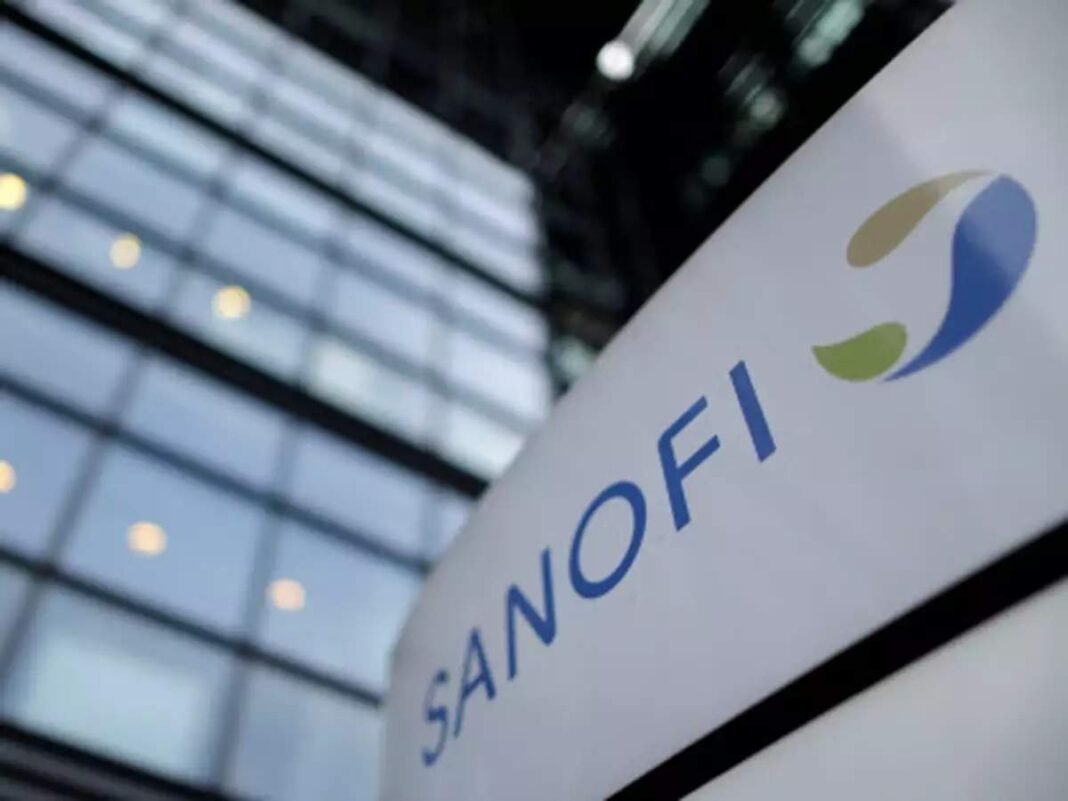As human beings, we come up against various problems over the course of our lives. Now, while that’s pretty much a universal truth, one detail we should be chucking in here talks to the difference between these problems’ nature. The latter fact is actually what fuels our growth. You see, when an individual has to deal with unique questions on a rather consistent basis, the only effective way they can navigate through it is by widening their horizons. The said dynamic has notably delivered some interesting by-products under the real-world circumstances, but despite the high standards in play, nothing comes close to matching the level of technology. Technology’s credentials are so unbeatable, because right from the get-go, it has functioned within a territory that we didn’t know we could reach. This gave us the perfect foundation to build something special, and we responded to that by conceiving a whole new spectrum. Nevertheless, even after achieving such a big milestone, the world will continue looking for bigger and better things. In fact, a recent healthcare partnership does everything to substantiate the said mindset.
Sanofi and Seagen have officially signed a multi-drug agreement, which is structured around improving the former’s ADC (antibody drug conjugate) capabilities. At present, Sanofi has only one ADC, tusamitamab ravtansine, in the pipeline, so teaming up with a company that is known for its work in this discipline makes a ton of sense. According to certain reports, the companies will develop three cancer targets. While the targets and Sanofi’s upfront payment remain undisclosed, the available details do conveys a sharing model for the development costs. Furthermore, they also plan to share any revenue generated from the commercialization of their co-deveoped drugs.
“We are excited to be working with Sanofi, a global biopharmaceutical leader, to identify new ways to potentially address unmet medical needs of cancer patients. Jointly developing novel ADCs by combining antibodies from Sanofi with Seagen’s proprietary ADC technology aligns with our strategic priorities to expand the global potential of our pipeline with new first- or best-in-class programs,” said Clay Siegall, President and CEO of Seagen.
ADCs are basically a cancer therapy type, which uses antibodies to target specific protein on a cancer cell. The methodology arrived amid some sizeable hope. After all, what’s better than being able to target tumors in a precise manner? Well, as it turned out, there were a lot of limitations. For starters, ADC drugs’ tendency to release the payload early would often leave the remedy circulating throughout the body, therefore contaminating healthy tissues. However, the landscape has changed big time over the recent past. Following some structural alterations in the design of these molecules, we are finally able to mitigate the early payload release. Seagen, on its part, has really cracked the code, as the company now has over four FDA-approved ADCs. Sanofi will hope that prowess remains on full display during their alliance as well.



















